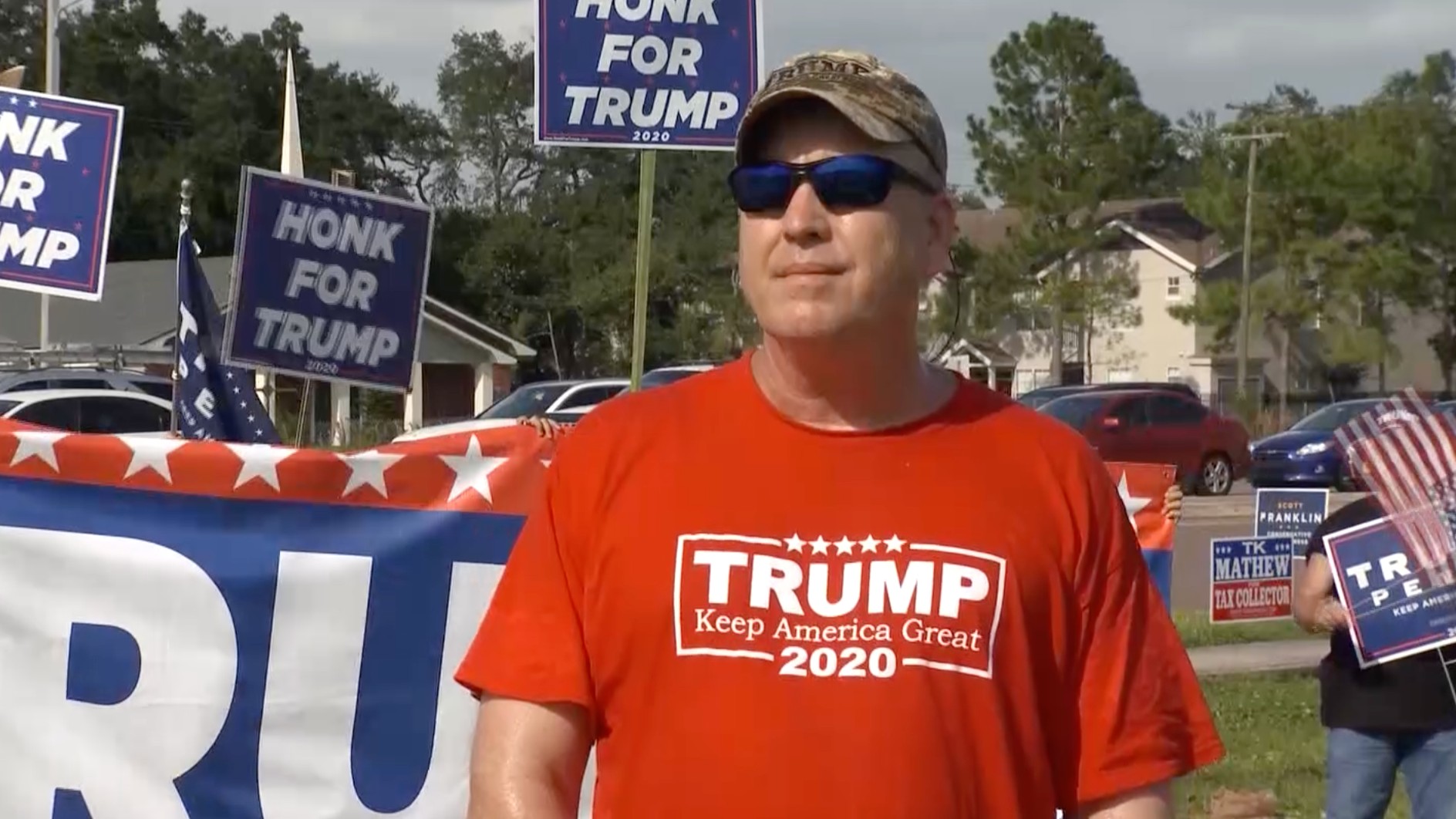A recent online study that found Republicans and independents are twice as likely as Democrats to admit to withholding their true preference to public opinion pollsters about who they will vote for in the presidential election is reviving claims of the “shy Trump voter.”
What You Need To Know
- “Shy Trump voter” idea surfaced in aftermath of 2016 presidential election
- Some swing state presidential polls were off base from final results
In 2016, the most egregious potential example of the “shy Trump voter” was in Wisconsin, where most surveys had Hillary Clinton up by at least five percentage points the night before the election.
Trump won the Badger State by less than one percentage point.
While some pollsters have dismissed the notion, Brad Coker, the managing director for Mason-Dixon polling and strategy, says that there is some data from 2016 that suggests that the idea is not so far-fetched.
Coker cites the discrepancy in pre-election and exit polls with one specific demographic: white women with college degrees. Some polls published before the election had Clinton up by more than 20 points with that slice of the electorate – but exit polls showed that she ultimately won that demographic by just seven points, 51-44%.
Coker, who has been conducting polls in Florida for more than three decades, says he’s seen previous examples of voters telling pollsters one thing and then voting the opposite way, specifically referring to his polling in races that featured Black candidates like Doug Wilder in Virginia and Harvey Gantt in North Carolina.
In 1989, Wilder won a razor-thin victory in Virginia to become the first Black governor in U.S. history, but his close margin of victory was considered a surprise, since he led by a much larger percentage even in early exit polling.
A year later, Gantt lost his first bid for the U.S. Senate to Jesse Helms, despite leading in the polls by as much as eight points late in October.
“The concept of a voter being shy about expressing an opinion that may not be socially acceptable has been around for as long as I’ve been doing this,” says Coker.
Not all pollsters agree with him, however.
In a post-mortem report published by the American Association for Public Opinion Research in 2017, the authors said they didn’t see that much evidence to support the theory.
“Some Trump voters who participated in pre-election polls did not reveal themselves as Trump voters until after the election, and they outnumbered late-revealing Clinton voters,” the report said. “This finding could be attributable to either late deciding or misreporting (Shy Trump) in the pre-election polls. A number of other tests for the Shy Trump theory yielded no evidence to support.”
At a sign-waving event for Trump last Friday afternoon in Riverview, Florida, some Trump supporters said they do buy into the “shy Trump voter” effect.
“I think there’s a lot of truth to that,” says Valrico, Florida resident Jeff Lukens. “A lot of people don’t want to expose themselves to danger because there’s a lot of crazies on the other side who will do harm.”

Jeff Lukens, supporter of President Trump
For evidence, Lukens referred to an incident between protesters who confronted Kentucky GOP Se. Rand Paul following the conclusion of the Republican National Convention in Washington last month.
“People just don’t... They don’t want their houses threatened. They don’t want their cars threatened. They don’t want their lives threatened. They’re just quiet about it,” he said. “But the support for Trump is there. It’s deep, and it’s strong.”
“A lot of people are scared to stand up,” agrees Valrico resident Doug Canna. “There’s a lot of 'cancel culture': People getting fired. People getting harassed. People being threatened.”
“I agree with that completely,” added Sun City resident Lisa Ingraham, who serves on the Hillsborough County Republican Executive Committee. “I know a lot of people who are afraid to speak out. I play pickleball. I play tennis. And people just don’t want to talk politics. They’re afraid. “
One theory that emerged from 2016 to explain some inaccurate polling is that some pollsters did not adjust for the educational composition of the electorate, and thus missed too many Trump voters who did not have a college degree. But Coker doesn’t buy into that theory, saying historically he’s done many polls where voters essentially lie when it comes to their education level, and sometimes their income level as well.
“I’ve had many, many polls where I look at my party affiliation and it matches pretty good,” he says. “My gender splits are good. My age categories fit the bill. I’ve geographically spread the calls proportionately to the voters and they’re all in line, but education is off by 15 points.”



